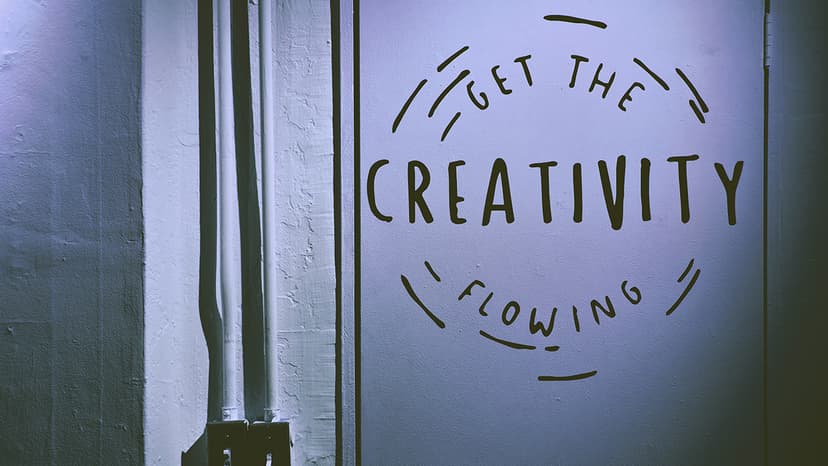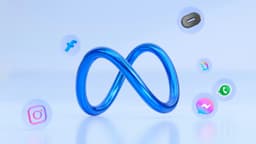Does "I like you" and "I have a crush on you" mean the same thing?
Understanding emotions can be complicated. This is especially true when trying to distinguish between "I like you" and "I have a crush on you."
These two expressions may sound alike, but they have different meanings.
"I like you"
When someone says "I like you," it often indicates a pleasant feeling towards that person. This phrase suggests enjoyment and could imply friendship or an attraction. It represents a warm affection that encourages more time together.
"I have a crush on you"
On the other hand, "I have a crush on you" conveys a stronger and more intense emotional response. This phrase indicates a romantic attraction and a desire for a deeper connection. It often includes feelings of excitement and anticipation when interacting with that person.
Key Differences
Does "I like you" and "I have a crush on you" mean the same thing? Not quite. "I like you" suggests a gentle affection, while "I have a crush on you" reflects an infatuation. Both indicate a desire for closeness, but the latter carries a sense of excitement and longing.
Navigating these emotions can be challenging, but recognizing the differences can enhance your connections with others. Embrace every moment, as each relationship contributes to your personal journey.












